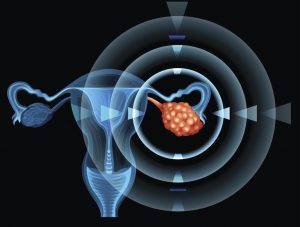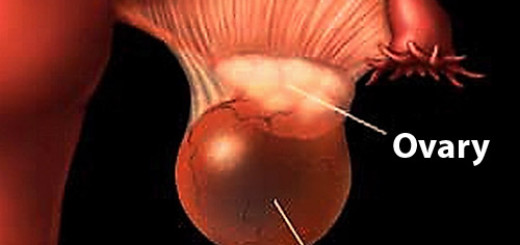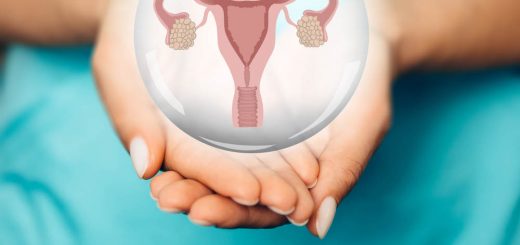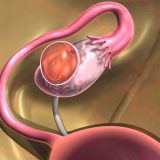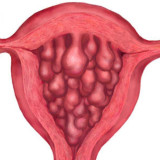Stressful situations can trigger women gynecological diseases and ovarian endometrioma cyst is one of them. Women’s health has always been an indicator of social welfare. However, in present times maintain health is not an easy thing. Work, psychological strain, stress, pollution, and a lot of personal problems, such as low self-esteem, alienation and others, directly or indirectly, affects the reproductive system.
Description of the endometrial ovarian cyst
The cyst is a sign of hormonal imbalance. Mainly women from 20 to 45 years old (reproductive age) have the cyst. Endometrial ovarian cyst has different causes. It can be stress that leads to endocrine system disruptions and other factors. This endometrial ovarian cyst is a serious disease. It is a good-quality tumor in the form of a bag, filled with a thick fluid (secretion). The late stages of the disease may have such complications as suppuration. Also, the walls can rupture and the content gets into the abdomen. This can lead to peritonitis. Sometimes the cyst is growing big (more than 12 cm). Furthermore, this causes the formation of adhesions in the ovaries, which affects the ability to conceive.
Symptoms of the ovarian endometrioma cyst
Ovarian endometrioma’s symptoms in most cases are not expressed and the disease develops without symptoms. At an early stage it can be diagnosed only by gynecologist and ultrasound apparatus. You better not postpone the visit to the doctor when there are nausea and vomiting during menstruation, dizziness, painful bleeding and spotting between cycles. Painful periods can also be a symptom of uterine fibroids and polycystic ovary. At the early stage such endometrial ovarian cyst can be treated with medication. However, late staged forms are treated with surgery.
Common signs and symptoms of ovarian endometrioma include:
- Painful periods (dysmenorrhea). Pelvic pain and cramping may begin before and extend several days into a menstrual period. You may also have lower back and abdominal pain.
- Pain with intercourse. Pain during or after sex is common with endometriosis.
- Pain with bowel movements or urination. You’re most likely to experience these symptoms during a menstrual period.
- Excessive bleeding. You may experience occasional heavy menstrual periods or bleeding between periods (intermenstrual bleeding).
- Infertility. Sometimes, endometriosis is first diagnosed in those seeking treatment for infertility.
- Other signs and symptoms. You may experience fatigue, diarrhea, constipation, bloating or nausea, especially during menstrual periods.
The methods of ovarian endometrioma cyst treatment
With early diagnosis almost all diseases are curable. Visiting the doctor in time helps to avoid terrible complications and save woman’s health. And ovarian endometrioma cyst is not an exception.
Treatment in this case is carried out in a conservative manner. In this case, non-steroidal anti-inflammatory drugs are appointed along with hormonal and pain relievers. Also, the immune system strengthening is required. It is recommend to take vitamins, immunomodulators and products containing enzymes. But in case such kind of treatment turns out to be unsuccessful, then operations should be done.
Operations are also necessary for the large ones (over 5 cm), when medical treatment will be ineffective. It is performed with using of laparoscopy – most gentle method. This can save and restore the ovarian tissue. In the postoperative period the hormonal treatment is prescribed to prevent endometrial ovarian cysts relapse.
Finally
It is important for every woman to monitor her health. Proper diagnosis of ovarian endometrioma as well as other diseases can save lives. What more it save the ability to realize the dream of many people. It’s about becoming a parent, to have a child.
Although even such a disease as ovarian endometrioma can now be safely healed, health should be treated carefully. So that happiness of life was not overshadowed by anything.

